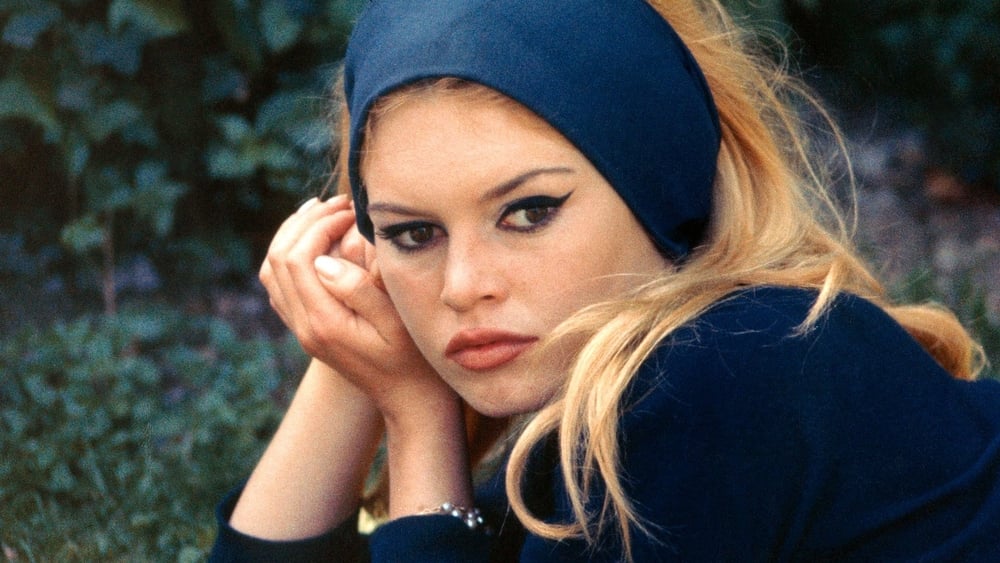The tension between art and commerce has been one of the driving creative forces in the cinematic medium since its inception. It has especially defined this year, and really the last decade or two, in American film. Great independent filmmakers like Greta Gerwig and Chloé Zhou have gone from telling smaller personal stories to taking on giant pieces of intellectual property for Warner Brothers and Disney. Do those artists like working on these projects, or are they just doing it for the money? If the former, why do they like being creatively boxed in rather than have the freedom (though not the budget) to make what they want? If the latter, what does that say about them that they would willingly compromise their artistic principles to make art less personal, less politically charged, and less groundbreaking than they otherwise could? These are some of the questions Jean-Luc Godard asks in his 1963 masterpiece “Contempt.”
Right from the opening scene, Godard challenges the idea that we want to see our favorite filmmakers turn themselves over to industrial behemoths. Godard quotes French film critic André Bazin, “The cinema substitutes for our gaze a world more in harmony with our desires.” As the narrator says this, an on-screen camera is turned toward the viewer as he says, “Contempt is a story of that world.” One could read this as Godard showing his contempt for the audience to whom he feels obligated to make this movie. As a bigger-budget filmmaker, your primary goal shifts from expressing yourself through your art toward making the producers a lot of money. It could also be read as Godard showing us what world he desires to see — one that’s real, where the gap between what you see on screen and what you see in your everyday life is minimal. Whatever read you give this, the core of why Godard makes this choice remains the same: a rejection of this commerce-driven mode of filmmaking.
Godard argues that artists who take this sellout path will always be dissatisfied. This dissatisfaction inevitably will work its way into the artist’s personal life, projecting their deep insecurities about their life choices onto their loved ones and causing their relationships to crumble. The only way to survive in this life with any sense of joy or accomplishment is to forge your own path and not follow the money. Those who take the road to wealth, as Camille (wife of Paul, the writer) does by following the American producer Prokosch to Rome, are headed toward an inevitable crash. This crash is dramatized in the film as a car crash, but it acts as a stand-in for a collapse of creative energy, the death of the sellout as an artist. You won’t physically be dead, but you will be like the great Fritz Lang, working simply to work and getting through it as quickly and as easily as possible.
That Godard is incredibly adept at directing a project at this budget level and doing it as well as anyone else is beside the point. There are breathtaking shots of the island of Capri, graceful camera movements, and vibrant color cinematography, but it doesn’t matter. Godard does it all so effortlessly because he doesn’t want us to marvel at his technical ability. He wants the viewer to think, “Of course he can pull this off. He’s a great filmmaker.” Godard is saying none of these proficiencies matter because they’ve all been done before. Filmmakers are better off spending their time pushing the medium forward.
“Contempt” may not be Godard’s best or most revolutionary work, but it is the one whose themes have sadly aged the best, at least as it relates to the American film industry. Godard gives conventionality thematic depth by making convention the subject (target, really) of his critiques of the medium. It’s the film that proves he was able to break every cinematic rule in “Breathless” because he was already a master of those rules. We need more artists today willing to follow Godard’s lead. Not filmmakers that follow his template but ones that aim to create something new, even if they are working with the familiar.

